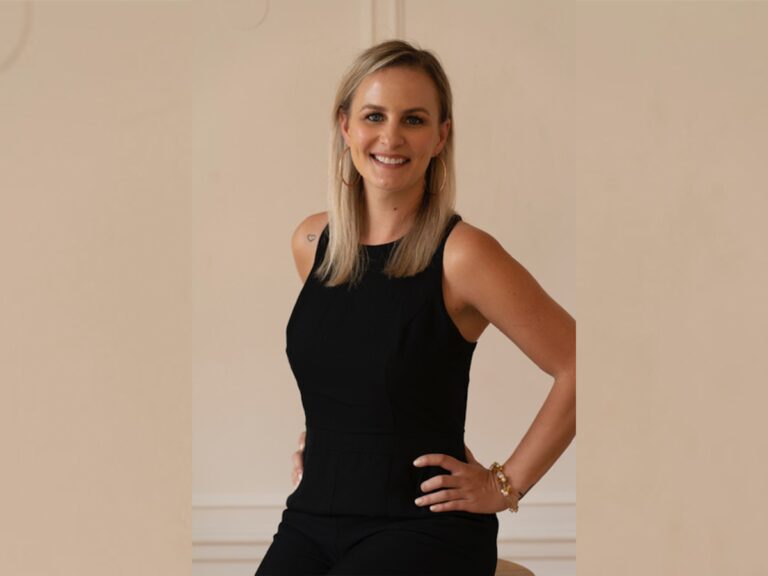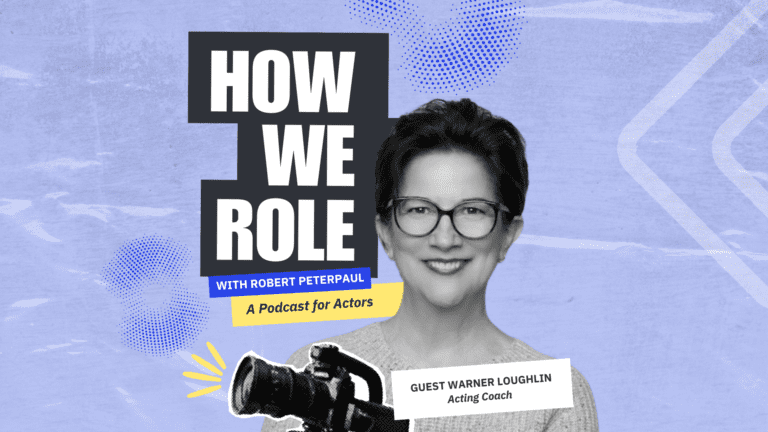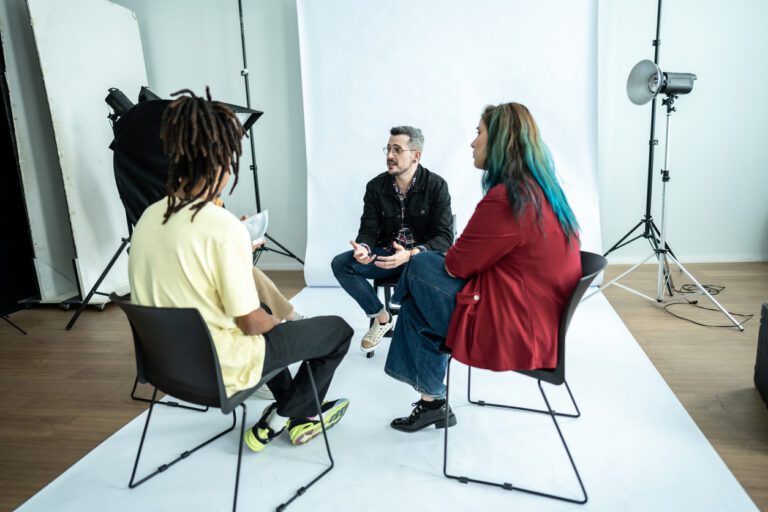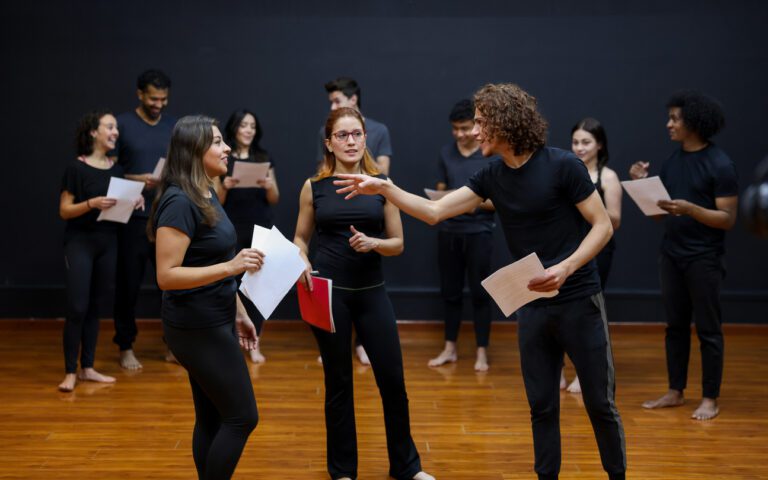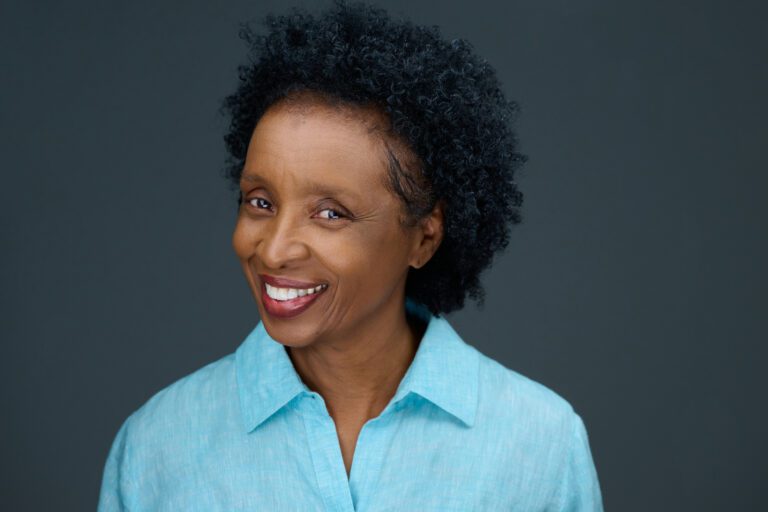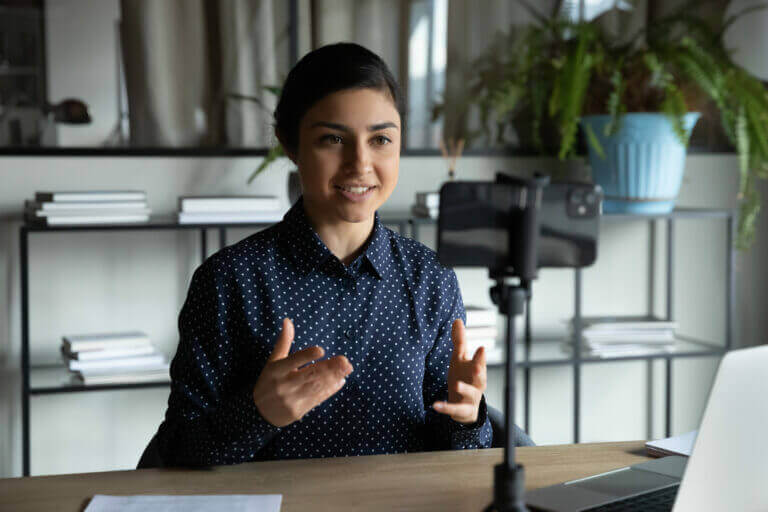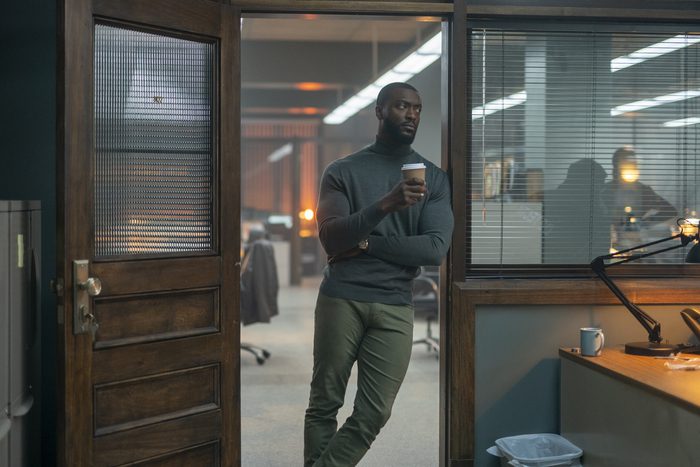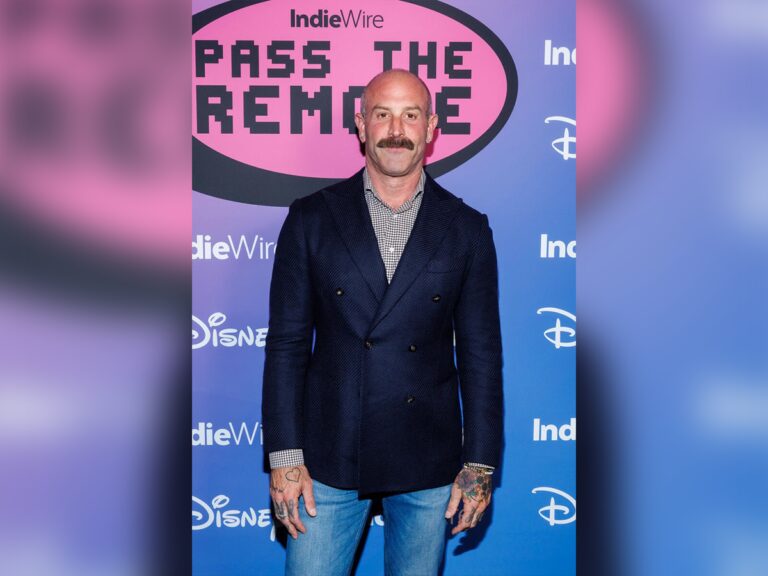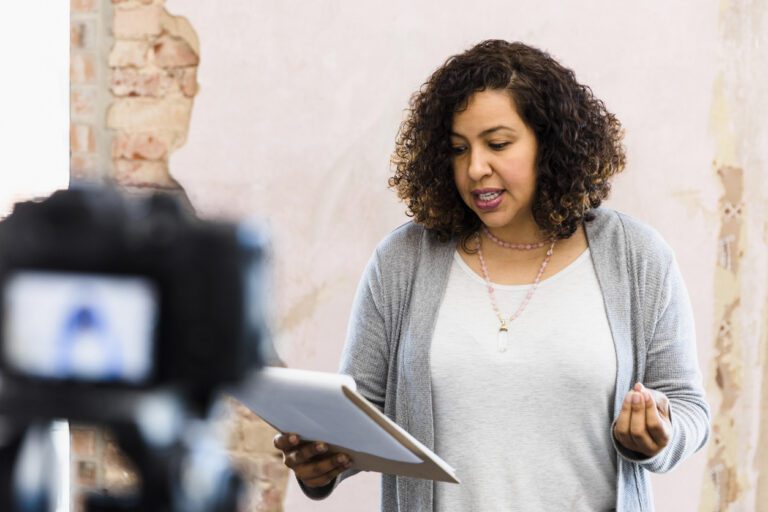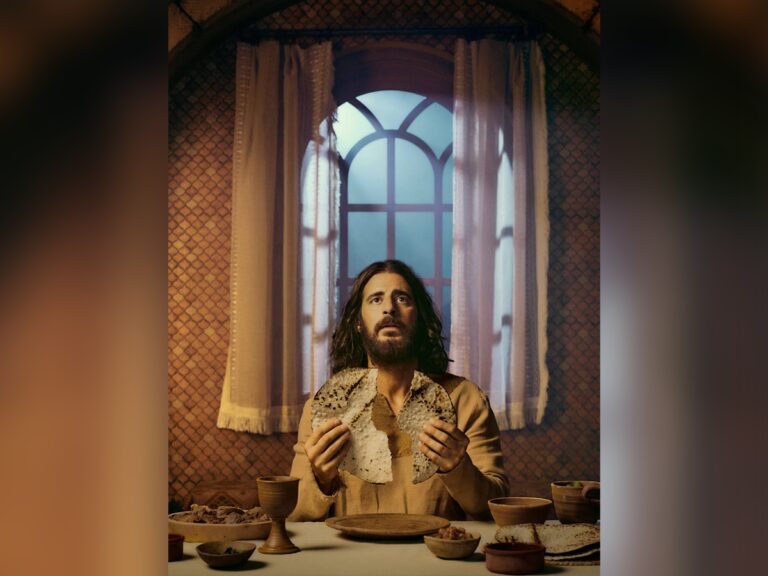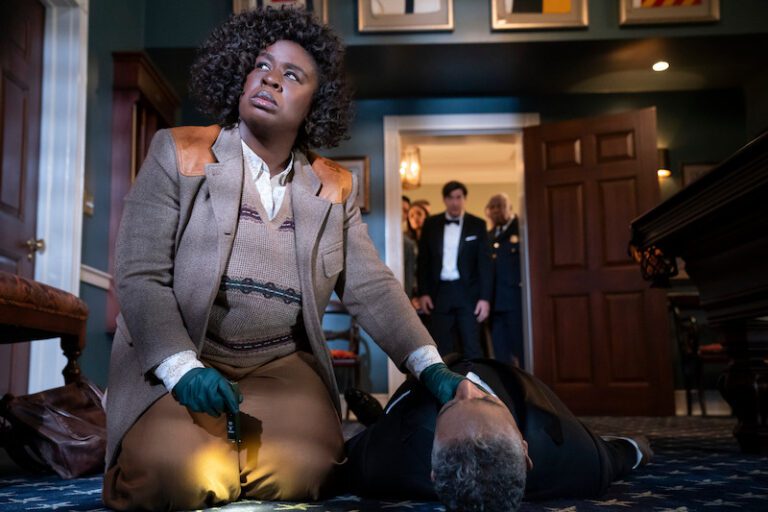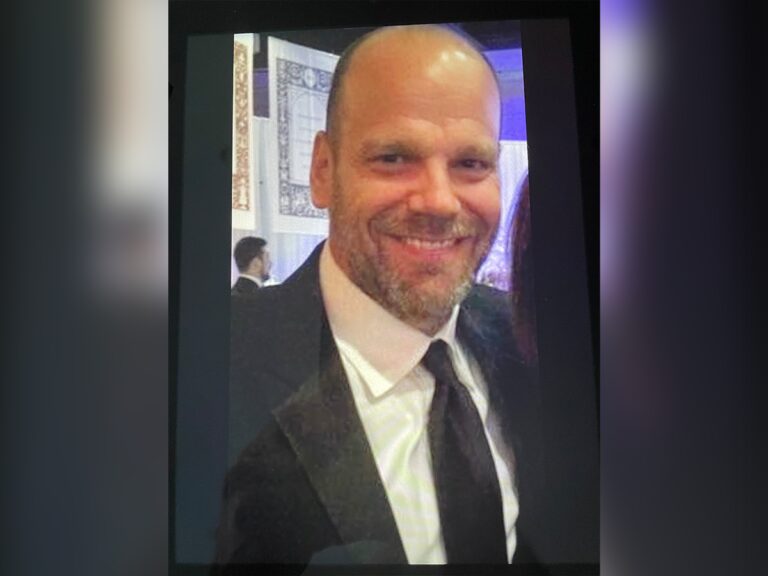Jennifer Presser is like a lot of other casting directors in that she never really expected to end up as one. Now that she’s spent most of the last two decades working in the casting industry, she’s doing everything she can to improve it.
Aside from actually casting movies (her latest, Lilly, which she cast alongside Jackie Burch, hits theaters in early May), she and fellow casting director Jessica Sherman have their own podcast, Tipsy Casting. Now in its third season, the show raises awareness about casting, while also offering a forum where casting directors can stand up for themselves. It’s a great listen and is available wherever you find your podcasts. Presser spoke to us from her home in London.
Insights: Lessons From Jennifer Presser
- Take acting classes to enhance your ability to adapt to feedback during auditions.
- Perfect your self-taping skills to create compelling audition tapes in the current industry climate.
- Stay informed and network by listening to casting podcasts and connecting with industry professionals.
Thinking about joining Casting Networks? Sign up for a free trial today!
How did you get started in casting?
I fell into it, actually. I wanted to be in production, so I went to college for it, and I thought I was going to be a producer, honestly. I’d done a bunch of internships through college, and Nashville is a very small community, so every time I would do something, people would be like, “You should put your resume in for this, or word of mouth would get you jobs here and there.” Right before I was graduating, a PA (production assistant) that I knew reached out to me and was like, “Hey, there’s this big studio film coming to town. You should put in your resume because they know you’re graduating.” I got an interview for a casting assistant and a producer’s assistant. Of course, I was dying to be the producer’s assistant, and obviously, I got the casting assistant job.
That’s usually how it happens.
Honestly, I had two bosses who were just open to teaching me, and because I never wanted to be an actor, and was never an agent, I didn’t even really know casting existed. I worked on that film for about six months doing all the extras and locals casting, and did really well in that. They bumped me up to the local principal role casting, and they both ended up taking me on to other projects.
Who were “they”?
Joni Tackette and Kim Petrosky. I had graduated right when Katrina hit, so it was right before the South was blowing up. I pretty much lived in my car. I did a movie with Joni in St. Louis called Up in the Air with George Clooney for six months, then I worked in Atlanta when Kim and I did another movie called The Help for six months.
I’m sensing a theme here.
(Laughs) So I just cut my teeth in local casting. I kept PA-ing, I kept doing other things, thinking that casting was just a short-term gain for what I really wanted to do.
Finally, I was doing The Vampire Diaries in Atlanta, and I got really frustrated with my boss at the time and the production, so I decided to move to LA. About a year after moving there, I realized I just needed to stick to casting. I was really good at it, that’s where I was getting jobs, and so I threw myself into it and learned the craft of everything.
What took so long?
Because I am stubborn as hell. In my head, I was like, “You’re going to be a producer. This is what you studied for. You’re going to do it.” Casting was not in the plans. I took a lot of PA jobs on commercials, I did a props thing, I was a costume assistant, just trying things out.
What was the light bulb moment?
There were two things that happened. One, I ended up going back to Nashville because they were shooting the pilot of Nashville at the time. I honestly just needed to make some money, and Kim said, “You’re just really good at this, Jen. Your instincts are good. I don’t know why you keep fighting it.” That’s when I really started to consider it.
I went back to LA and started working for Marcia Ross, who was my LA mentor before she retired. She really drilled that in, that I had the skills, and just needed to believe in myself and give in to it. Every job I did with her, she was really good at asking for my opinion and talking through what we thought. She built my confidence up to being able to say, “Okay, I can do this. I’m not a fraud.”
It’s pretty important to find that kind of guidance.
I think it is really rare to find those mentorships. Also, I feel like casting is going through a massive shift where, because some of the older generation don’t want to leave, the mentorship has gone down. You really have to find somebody and beg and plead with them to take you seriously and teach you those things. Jessica and I are really trying to put together a mentorship program, because right now, especially with the self tapes and the fact that casting assistants and associates are no longer in the room with actors (especially in LA), it’s really hard for the newer people in casting to learn the craft.
That was my next question, actually. Are you now actively seeking out younger casting directors to mentor?
Yes and no. It’s hard because right now, there is a bit of a crisis in casting, where the older generation of casting directors are hoarding all the projects. It’s a trickle-down effect to where a good chunk of my generation of casting directors are not working. Some have gone back to being associates because they can’t get the jobs.
As soon as we can get a job and we can hire somebody, Jessica and I are very good at trying to find that talent, especially the way we learned. Again, I came up under Marcia, Jessica came up under April Webster, and both of those ladies are very good teachers. Because we were taught well, we know how to teach that. I can’t say that for the rest of casting, because I think that a lot of casting directors are not willing to teach. Especially in the States.
Is there a solution to this?
Prior to COVID, we were in-person all the time. Self tapes were the exception, and there had to be a good reason for you not to come in. Once COVID hit, 95% of your auditions were coming in via self tape, so you can take on as much work as you want, because all you need to do is hire support staff to put out the appointments and to watch the tapes and filter them for you.
I always try not to take away from the older generation of casting directors, because I understand they’ve worked really hard to get where they are. I think there’s just a lack of understanding of what’s happening. I know casting directors in LA who have over 20 films, and there’s no reason for them to do that when other people are not working and can’t get health insurance.
I think that there is a world where there just needs to be more awareness at the higher echelon. It’s partly why I left LA, because I just didn’t see that humanity anymore of just looking out for each other. Casting is a very small community, so how is it not getting through to people that basic needs are not being met? There’s no real solution other than to make people aware, which is why Jess and I started the podcast. Not only to teach people what casting does, but also to bring awareness that our entire generation of casting directors are getting washed out. I don’t trust any assistant who came up during COVID, because they’ve never been in the room with an actor. Just like I don’t really trust an actor who’s never been in the room, you know?
Have you found that the podcast has gained any traction?
It’s slow, but steady. We have about 5,000 subscribers. Because we’re casting-centric, it makes them realize, “Oh shoot, I don’t think I’ve ever really thought this much about casting.” We have this new series that we started last season, where we just try to highlight up-and-coming casting directors so that the people who do listen know that you don’t have to hire the same 10 casting directors who do everything, that there’s an entire crop of people out here able and ready.
You mentioned before that you don’t trust actors who have not been in the room. What piece of advice or wisdom would you give to somebody coming in to audition for you?
Take classes or workshops of some sort. Anything where you can be in the room with other people who are giving you notes, because that’s the biggest thing I’ve noticed. LA is still over 90% self tape. London is not, so they are more in-person.
When you have somebody come in the room who can actually take a note and who can work with you a little bit, or be in that headspace to receive feedback, it’s great. That’s really gone downhill in the States. If you give a note to somebody, it has to almost be an entire two-paragraph explanation, which never used to be the case. I get nervous bringing in people who I’ve never met in person and [know] just straight off a self tape, because I think actors forget that the first person that gets called if they screw up, is us.
You may also like:
